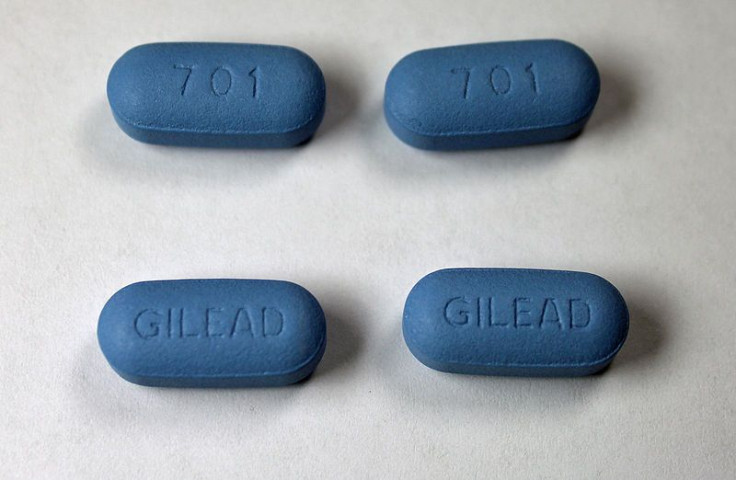WHO: Earlier Treatment Will Force HIV Epidemic To Go Into 'Irreversible Decline'

With HIV infection becoming less of a deadly disease with no cure to more of a mangeable chronic illness, the World Health Organization (WHO) is ramping up efforts to completely eliminate the virus. They are calling for earlier treatment in those diagnosed with a human immunodeficiency virus (HIV) infection, which they say will help save an additional three million lives and prevent 3.5 million new HIV infections by 2025.
"These guidelines represent another leap ahead in a trend of ever-higher goals and ever-greater achievements," Dr. Margaret Chan, WHO director-general, said in a statement. "With nearly 10 million people now on antiretroviral therapy, we see that such prospects — unthinkable just a few years ago — can now fuel the momentum needed to push the HIV epidemic into irreversible decline."
WHO is calling for new guidelines after enrollment of antiretroviral therapy (ART) increased at a faster rate than ever before between 2011 and 2012. In kids and adults, the number of people treated rose by 10 and 20 percent, respectively. This accounted for coverage throughout the world, with the highest increase in sub-Saharan Africa, where four out of five people who started ART treatment from 2011-2012 live. WHO wants to increase the number of people on ART from 9.7 million to 26 million. There are currently 34 million people worldwide living with HIV.
Under the new guidelines, countries would be encouraged to start treatment when an HIV positive person's CD4 count — or T-helper cells — falls to 500 cells per cubic millimeter (mm3). Treatment would start much earlier, as previous guidelines were set at 350 cells/mm3 in 2010, and 200 cells/mm3 in 2002. As of now, 90 percent of all countries have adhered to the 2010 WHO guidelines.
The guidelines also encourage all HIV positive women who are pregnant or breastfeeding, any children under age 5 with an HIV infection, or any uninfected person with an infected partner to get treatment, regardless of what their CD4 count is.
"Advances like these allow children and pregnant women to access treatment earlier and more safely, and move us closer to our goal of an AIDS-free generation," UNICEF Executive Director Anthony Lake, told the media. "Now, we must accelerate our efforts, investing in innovations that allow us to test new born babies faster and giving them the appropriate treatment so that they enjoy the best possible start in life."
All HIV patients receiving ART should also check their viral load regularly, since doing so will allow health workers to be sure the medications are lowering the amount of virus in the blood. Patients will also feel more encouraged to take their medications if they see the virus is diminishing.
"There's no greater motivating factor for people to stick to their HIV treatment than knowing the virus is 'undetectable' in their blood," said Gilles van Cutsem, medical coordinator in South Africa for Médecins Sans Frontières (MSF), an international medical humanitarian organization.
However, many of the countries most plagued by HIV are also low- and middle-income. The new guidelines are expected to cost an extra $2.3 billion a year, or about 10 percent more than the world currently spends on HIV prevention. It's still unclear if donors will be willing to provide more money. But the cost of HIV drugs have been decreasing. Since 2004, they've gone from about $1,000 a year for one person to about $400 in 2011.
Many of the drugs come from Indian generics companies, which are the lead supplier for the poorer countries in Africa, and major Western drug makers, such as Gilead Sciences, Johnson & Johnson, and ViiV Healthcare, the majority of which are owned by GlaxoSmithKline.
"These new treatment recommendations are ambitious, and needed; they're also feasible," Dr. Unni Karunakara, the president of Doctors Without Borders, said in a statement. "Now is not the time to be daunted, but to push forward with what we know works to get the best treatment possible to the most people, as soon as possible."



























